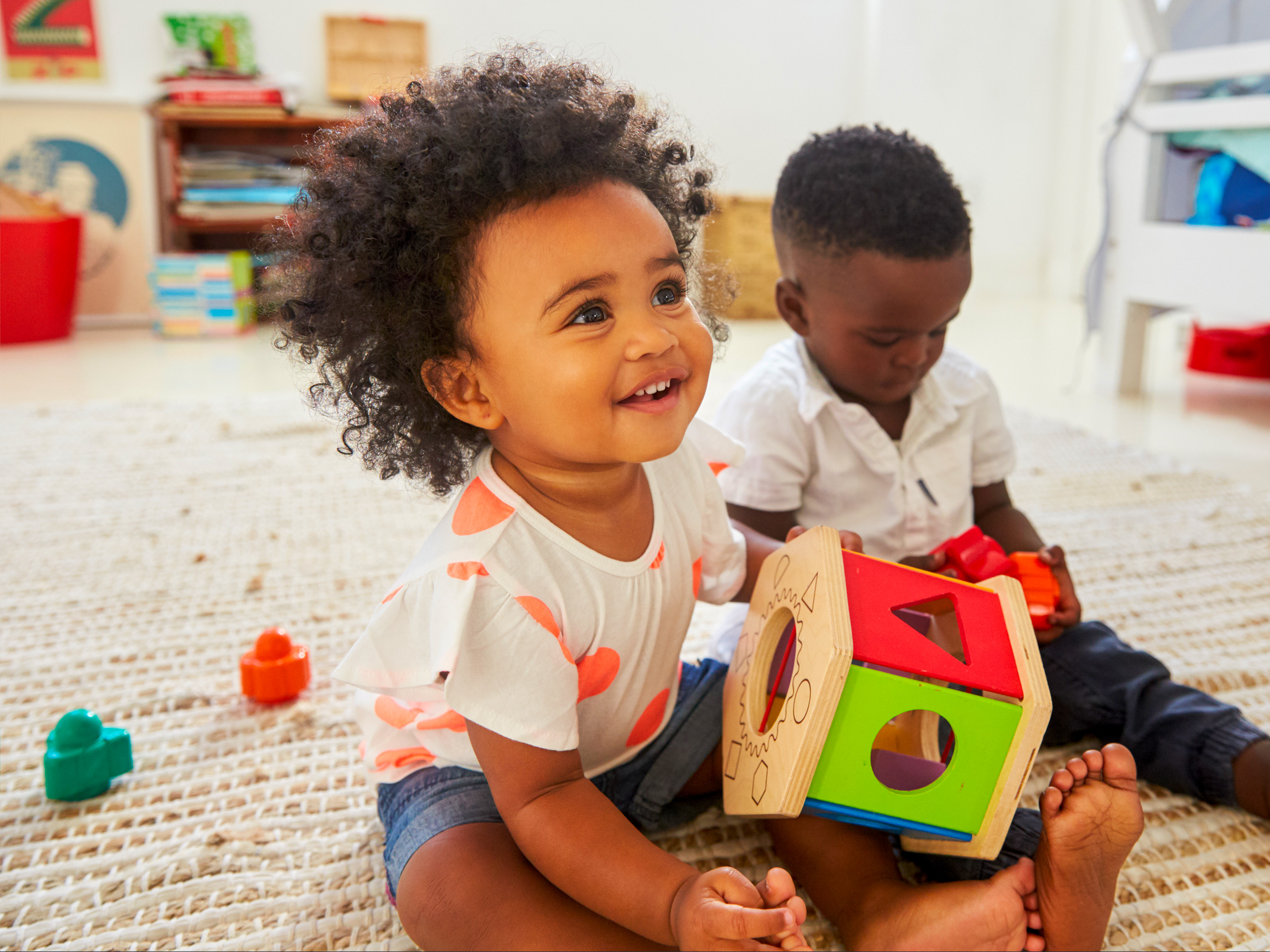Posts
Influences in Childhood development
It is important to understand the different influences that a child can have on their development such as a different culture, technology, and families. In order to raise and be conscious of a child’s development, it’s important to understand the culture of your family. Culture encompasses of understanding one’s beliefs and values in that family. For example, we learned in chapter 4 that different cultures have traditions when it comes to sleeping, feedings, and celebratory traditions.
In this age, a lot of busy parents use technology as a tool for their young ones. As with everything, there are pros to cons to technology. When used positively and with limited screen time, technology can be used as a learning tool, especially with children that have learning difficulties. Studies have shown that children from low-income households engage in more screen time than their counterparts. Increased screen time can negatively impact a child’s cognitive development as it lowers their focus and interest. Children often learn by observing and imitating. With increased screen time, they have limited exposure to the world surrounding them.
Finally, families are very important in a child’s development both physically, cognitively, and emotionally and socially. There are a lot of issues that can impact families such as poverty, drug or substance abuse, lack of access to childcare, and so forth. This can impact the physical development of a child negatively if they are not receiving adequate nutrition, if they are receiving quality time with their caregiver, and it can affect them negatively as far as their emotional and social development by inhibiting their growth.

Infant/Toddlers In The Know
In today’s blog post, we will discuss three development stages in toddlers (physical, cognitive, and emotional and social), recognizing milestones in each developmental stage, and what can a caregiver do to assist in helping a toddler reach those milestones.
Physical Development:
Physical development is different for each child. Caregivers and doctors use guidelines to keep track of whether a child is developing properly and reaching milestones. Starting from 13 months, toddlers gain weight steadily and begin to lose their baby fat. They are either walking or beginning to walk. They can also stand up using furniture. Their walking begins to be better coordinated. At 18 months, they have better coordination and balance. They can run, climb, and jump. They also try to become more independent by helping to undress, eating with utensils, and drinking from a cup.
It’s important to provide basic needs for children so that they can develop appropriately. By encouraging them to explore the world around them helps toddlers learn, develop, and make connections By providing appropriate nutrition and aiding in their playtime and providing rest.
Cognitive Development:
Studies have shown that play is very important in cognitive development. Children learn, think, and communicate during play. It’s important to allow them to discover their imagination and allow them to lead the play. Starting from 1 years old, toddlers will hide/find objects, bang toys together, discover putting toys in and out of boxes, play with instruments, puzzles, large stuffed animals, and copy their caregiver. These milestones indicate that a child is developing cognitively in their age range. Their language skills also develop as they begin to learn to combine 1 or more words. Language development in this stage is very important because it has a lot of indications on the child’s verbal skills in academia later on. Parents can start speaking, reading, and communicating directly to their children as early as when they are newborns in order to help with language development.
Social and Emotional Development:
In Toddlerhood, there’s a lot of development that occurs both socially and emotionally. By 12 month, they engage in social referencing and begin to recognize different emotional reactions. They also become more self-aware and grow in regulating their emotions as their language skills also grow which allows them to express their feelings. They understand consequence, cause, and signs of basic emotions. In this age group, toddlers also begin to socialize with their peers and distinguish their differing relationships. It’s important to understand a child’s needs and exploring different methods to address a toddler’s behavior. Parents can aid in the social and emotional development of a todderl by communicating effectively, reasoning (as they can now understand cause and consequence), and being proactive.
